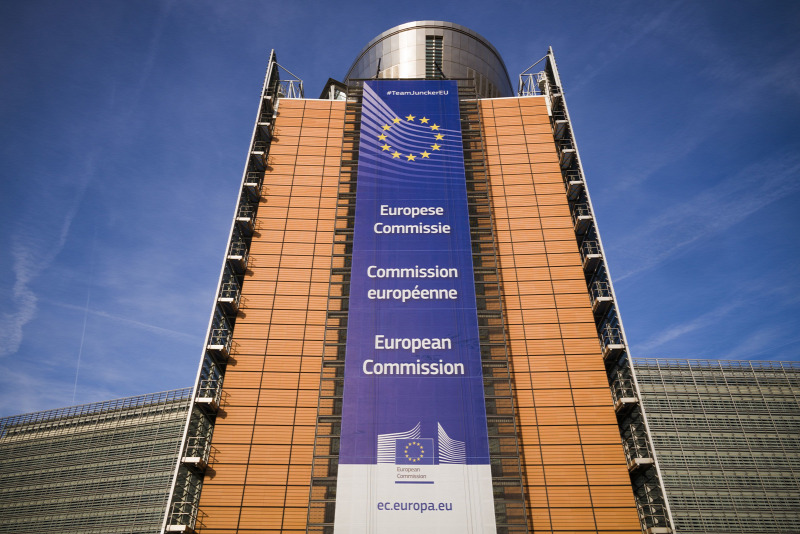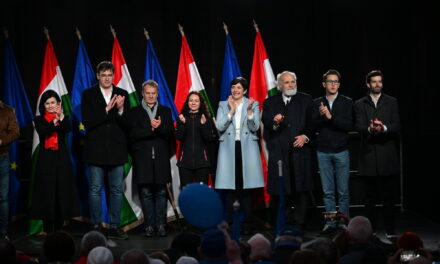The proportion of Europeans who believe that the energy crisis in the EU is partly the result of the European Commission's faulty energy policy has increased. While in 2022, 75 percent of the adult population who gave an answer considered Brussels to be responsible, by December this proportion had risen to 79 percent, according to the Századvég Europe Project research.
After the first major energy price increase in the fall of 2021, many experts suggested that the structural problems of the European energy market are largely the result of ideology-driven policy in Brussels. At the time, representatives of the European Commission argued that the criticisms were unfounded, that the price increase was only temporary and that it was necessary to step up efforts aimed at the extreme transformation of the energy system. After the outbreak of the war, Brussels made the focus of its energy policy the sanctioning of Russian energy carriers, with which, in addition to maintaining its previous aspirations, it further narrowed Europe's space for maneuver on the energy market. Similar to the Europe Project research that took place before the war between January 3 and February 14, 2022, Századvég also assessed during the data collection between October 13 and December 7, 2022, how much of the European adult population considers Brussels' efforts to be responsible for the European energy crisis.
Even the results of the pre-war research showed that the European Commission's argument - according to which it is necessary to step up their previous energy policy efforts - does not match the opinion of European citizens. Based on the results of the 2022 winter data collection, three-quarters of those who answered considered the Commission's policy responsible for the energy crisis.
The Europeans' dissatisfaction was further increased by the sanctions policy of Brussels and the resulting price increase. In the research conducted in the fall of 2022, almost four-fifths (79 percent) of the respondents stated that the European Commission's flawed energy policy is partly responsible for the current situation.
Greeks, Croatians and Germans are least divided by the question; in these countries, 86, 86 and 85 percent of the respondents believe that Brussels' efforts are responsible for the energy crisis (the ratio increased in all three countries during the examined period). The case of Germany is particularly interesting, because the fundamentals of the European Commission's previous – pre-war – energy policy largely coincided with the German measures.
The responsibility for Brussels is mostly shared by Danish (60-40 percent), Hungarian (65-35 percent) and Dutch (67-33 percent) respondents (the proportion of those who agree increased slightly in Denmark and Hungary during the period under review, but decreased in the Netherlands). Based on previous analyses, in the case of Denmark and the Netherlands, the results can be explained by higher social support for sanctions. In Hungary, the lower relative rate is probably caused by the fact that, thanks to government measures, the population - compared to citizens of other European countries - faces the negative effects of sanctions less.
Source: Pest Boys
Image: AFP












